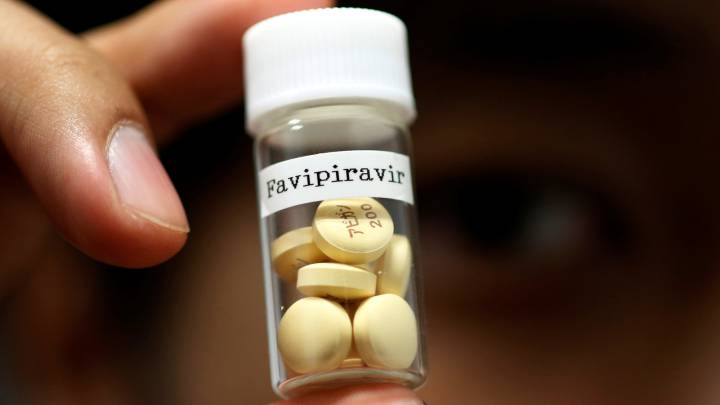The COVID-19 pandemic has got the world by storm and unprepared. Since then every country in the world has been doing its best to help prevent the spread of the coronavirus and/or develop some treatment to suppress it. The race to get to the first vaccine is on and world superpowers are using their abundant resources to be the first to invent a cure.
At the moment there are a couple of promising clinical trials in their late stages. Among the many clinical trials, there is one conducted in Bangladesh that showed promising results as well. At this trial, they used a familiar drug known as Favipir.
The History of Favipiravir
Favipiravir is an antiviral drug that was developed by Toyama Chemical and was intended mainly as an antiviral medication. In 2014, it was approved for medical use in Japan. Five years later in 2019, its compound patent expires, which meant that it turned into a generic drug. Being a generic drug means that other manufacturers could produce is. Favipiravir is known to target pathogens which is one of its main properties. This is important because the coronavirus is a pathogen.
The Current State of Favipiravir
As expected, there were a lot of expectations attached to Favipiravir once the pandemic started fuming. The initial expectations were big, the drug was soon approved for use in China, Russia, and other countries except for the USA among others.
At one point there were many reports regarding the extent to which Favipiravir is helpful. Many of the reports were inconclusive, so it was hard to tell which data is real and what is meaningless.
In the meantime, a new clinical trial has caught the attention of many scientists from across the world. The so-called Dhaka Trial took place in Bangladesh and it revealed some pretty amazing results. But before you start asking around buy Favipiravir, here are the broad results of this exciting clinical trial.
The Dhaka Trial
Formally the trial was listed under NCT04402203 and was sanctioned by both the Bangladesh Medical Research Council and the Directorate General Drug Administration. The trial included 50 patients positive for COVID-19.
Reportedly, 48% of the patients that were treated with Favipiravir, were negative for COVID-19 just after four days. What was even more spectacular is that 96% were negative just after ten days of Favipiravir therapy.
Furthermore, the group that was treated with Favipiravir, compared with the placebo group, experienced much better lung function improvement. The viral clearance with the Favipiravir group was 44% greater compared with the placebo group. Last but not least, no one from the Favipiravir group showed any meaningful side effects.
In Conclusion
Even though the Dhaka Trial is by all means very encouraging and meaningful, it is still too early to tell if this is it. The number of participants should be much higher so that scientists and researchers can draw more conclusive data.
As many as 14 pharmaceutical companies are already pilling up stocks of Favipiravir but under their respective brands.
Nonetheless, the race for a coronavirus vaccine is heating up, many clinical trials are already in their last and late stages, and everyone’s hopes are sky-high.
Is Favipiravir the “silver bullet” or some other drug?
We will know soon enough!

